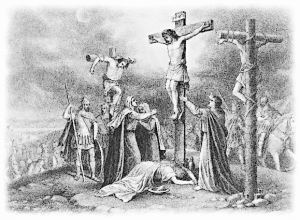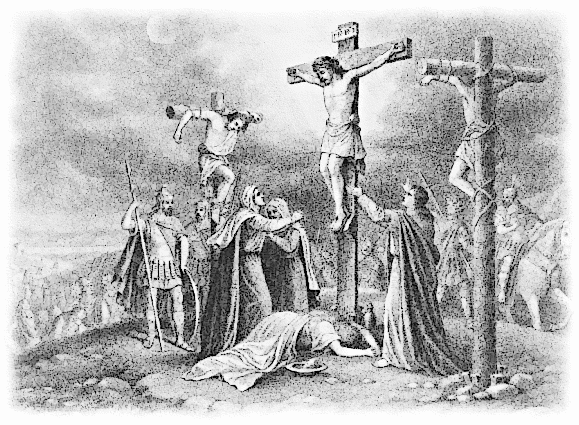 Jesus’ crucifixion was God’s great act of solidarity with all who suffer – including asylum-seekers – according to Dr Philip Freier, Anglican Archbishop of Melbourne.
Jesus’ crucifixion was God’s great act of solidarity with all who suffer – including asylum-seekers – according to Dr Philip Freier, Anglican Archbishop of Melbourne.
Jesus suffered a horrific death which seemed to mark a crushing and humiliating end to the Kingdom of Heaven, the Kingdom of love, compassion and justice that Jesus had come to proclaim and that his life was a shining witness to.
The dreadful violence and suffering that he endured was apparently the opposite of everything that he represented. The power of evil, it seemed, had triumphed. Here, indeed, was a sense of complete abandonment by God, expressed so poignantly in Jesus’ last words, quoting psalm 22: “My God, my God, why have you forsaken me?”
Yet, paradoxically, this moment of apparent utter dejection, despair and failure was the very moment God’s love for us was seen most clearly for what it is. Here, in Jesus’ total self-surrender and self-emptying, was the supreme manifestation of God’s love for humankind. As St John puts it, “this is how God showed his love among us.”
Just as Christians believe that all people are made in the image of God, so we believe that the face of Jesus can be seen in all those on the margins of society – including the poor, the prisoner and the asylum-seeker. Jesus told us that whenever we do something for the least of people, we also do it for him.
The crucifixion was God’s great act of solidarity with all those who suffer, and He continues to share the suffering and pain of millions today who suffer through poverty, persecution, violence and cruelty, including the millions of displaced people in the world, Syrian refugees and asylum-seekers in offshore detention. The list goes on.
When we fail to respond to the cries of need among our brothers and sisters of whatever race, creed or background we fall short of our full humanity to which Christ bore witness and to which God calls us.
Good Friday was not to be the end of Christian hope – violence, suffering and death were not to have the last word. Jesus was to live again; and the Gospel accounts of the resurrection, as well as the lives of the apostles after Jesus’ resurrection appearances, are a powerful testimony to this.
Jesus lives still – a profound, life-transforming reality each one of us can experience if only we are prepared to open up our hearts and minds to His presence within and among us.
Christians believe this truth lies at the heart of reality, and millions of followers over the last 2000 years have born witness to it, and have been inspired by it to live out the Christian ideal of love, compassion and selfless service.
I invite you to make a pilgrimage to the heart this year, and to experience the love of the risen Jesus that dwells within, a love that embraces all.
Archbishop Freier will preach at the 10am Service on Easter Day in St Paul’s Cathedral, Melbourne.
See his Easter message on YouTube at: http://www.melbourneanglican.org.au/Easter


